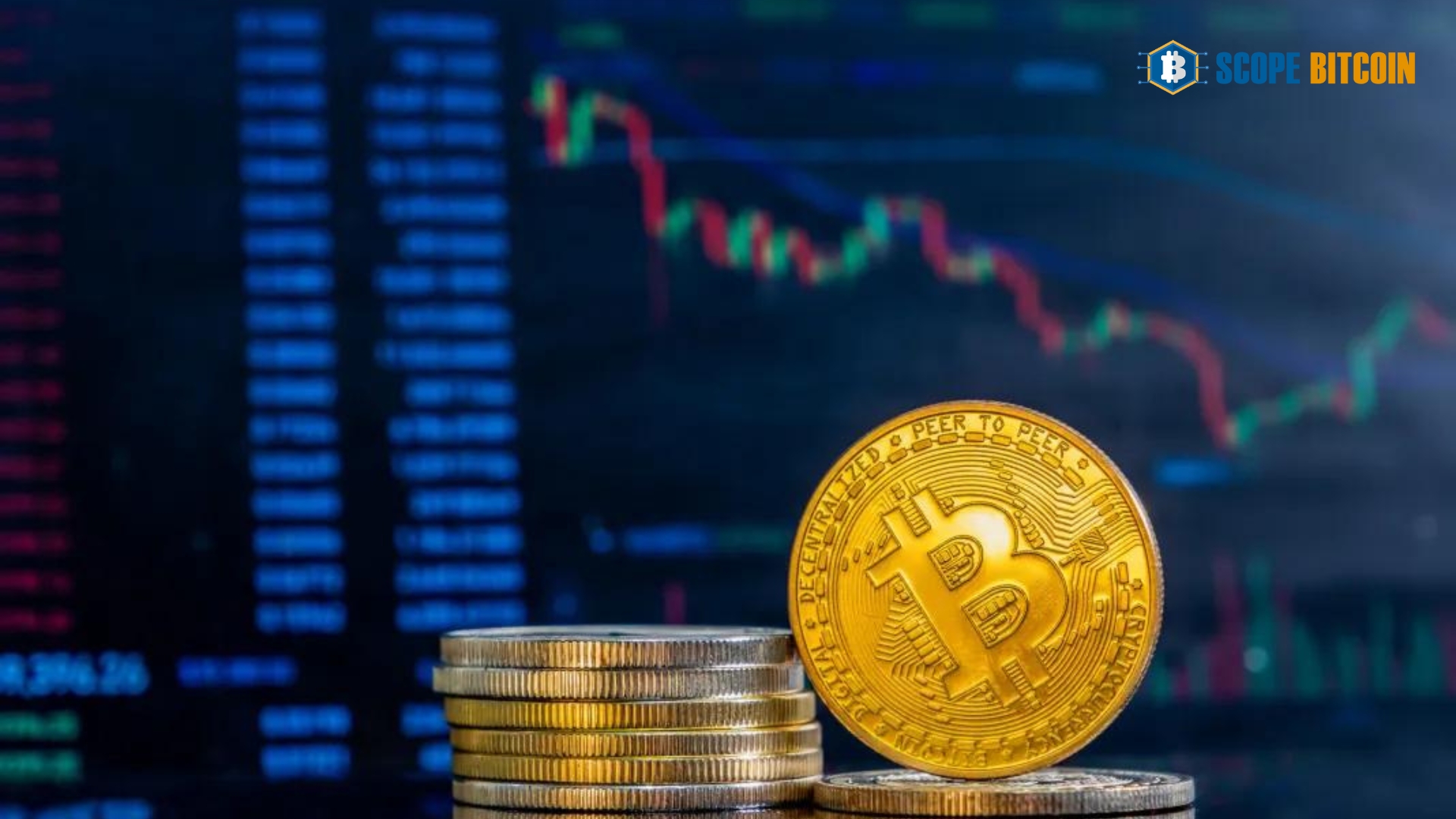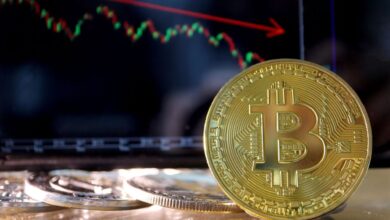
Bitcoin Enthusiasm in Nigeria Remains Strong Amid Regulatory Limitations
Bitcoin Enthusiasm in Nigeria. Many young Nigerians have expressed their displeasure with the administration’s decision to prohibit peer-to-peer (P2P) cryptocurrency commerce, yet their enthusiasm for Bitcoin has not waned.
The country that is now showing the most interest in Bitcoin (BTC) is Nigeria, which is the largest cryptocurrency market in Africa. El Salvador is the country that is following closely behind Brazil. The information found here comes from Google Trends. According to historical statistics, Delta states have the highest interest level in Bitcoin, followed by Anambra, Ekiti, Enugu, Ondo, Ebonyi, Bayelsa, Osun, Edo, and Imo. The states in Delta have the highest level of interest in Bitcoin. The city of Lagos, the commercial hub of Nigeria, is not among the top 15 cities in terms of the amount of interest people have in searching for Bitcoin on Google.
Researchers found that areas with many millennials, limited bank penetration, and an atmosphere of dread are likelier to adopt Bitcoin as a reliable method of making payments and safeguarding assets. This is because these locations have a higher likelihood of experiencing fear. However, to protect themselves against the effects of inflation and fluctuations in exchange rates, Nigerians have shown a strong interest in stablecoins, mostly associated with the United States dollar. USDT $1.00 is the stablecoin utilized the most on the market. Implementing this cryptocurrency to conduct transactions is becoming an increasingly viable option for local businesses and the diaspora.
Nigeria is currently one of the youngest countries in the world and one of the African countries with the most rapid growth, according to a United Nations report. Among the overall population, 43 percent are under fifteen years old.
Clampdown on the Crypto Market
The government of Nigeria has implemented several questionable policies to alleviate economic issues and prevent the collapse of the country’s currency. It was in May 2024 that the government of Nigeria began creating new legislation that prohibited peer-to-peer cryptocurrency trades that used the naira, the country’s currency.
In addition, Nigeria’s Securities and Exchange Commission (SEC) has accused the cryptocurrency exchange known as Binance of engaging in currency manipulation and speculation. According to the SEC, these activities led to a decline in the value of the naira, which necessitated the government’s intervention. Binance’s operations in Nigeria were prohibited by the regulatory agency earlier this year, and the agency went on to arrest and detain two of the company’s most senior officials, Tigran Gambaryan and Nadeem Anjarwalla. This action demonstrated the agency’s strong determination to enforce rules.
Gambaryan was captured in Abuja and is currently being tried for tax evasion and money laundering. But Anjarwalla was able to avoid detection. Gambaryan is currently being tried for these crimes. The Central Bank of Nigeria published the preliminary rules for banks to open cryptocurrency accounts in January 2024. However, banks are still prohibited from trading virtual assets or storing them in their portfolios.







